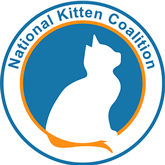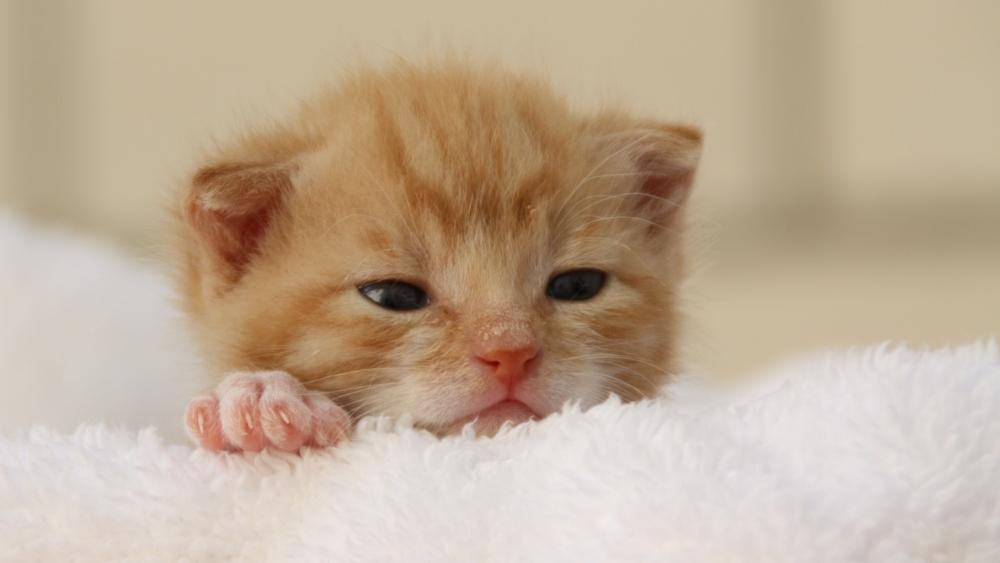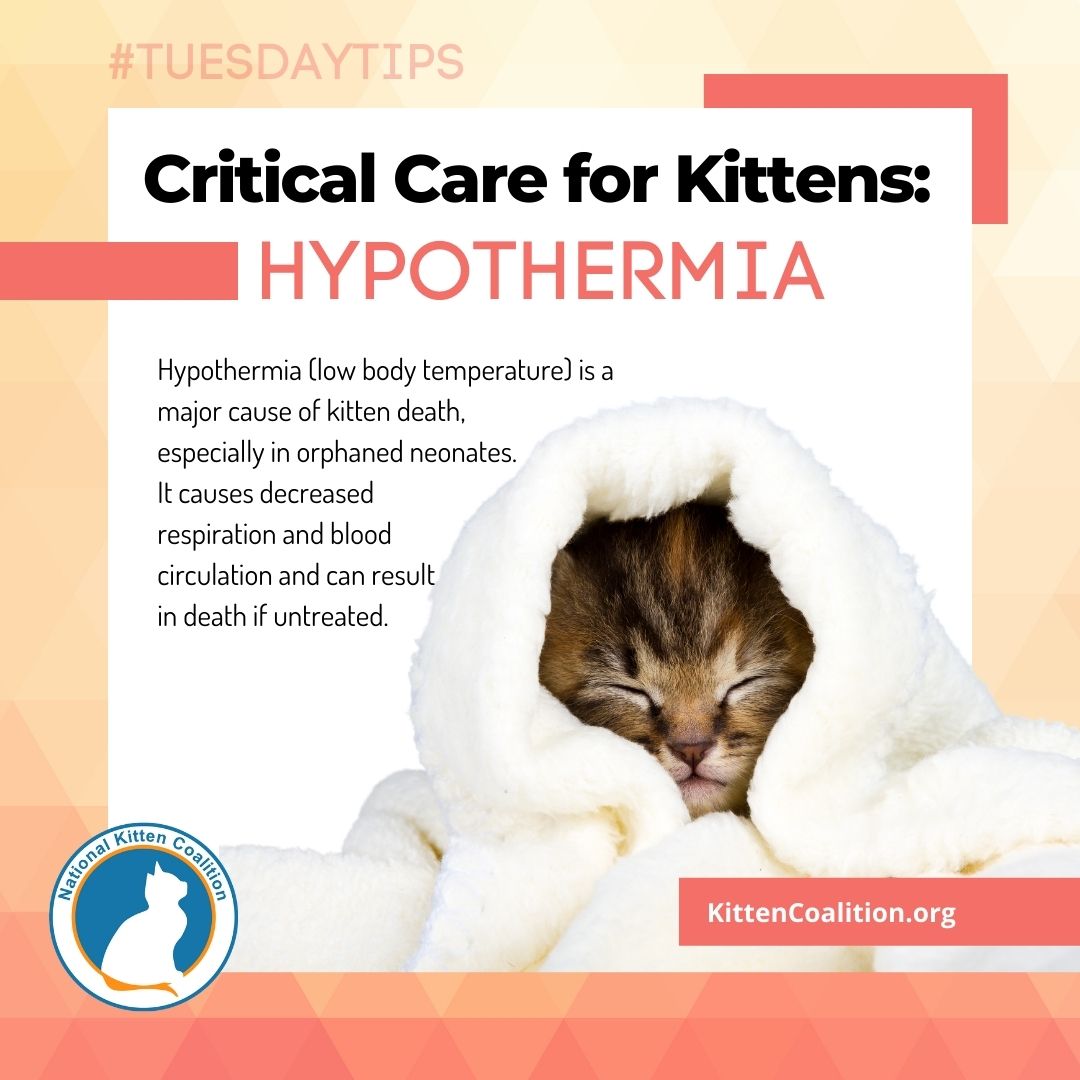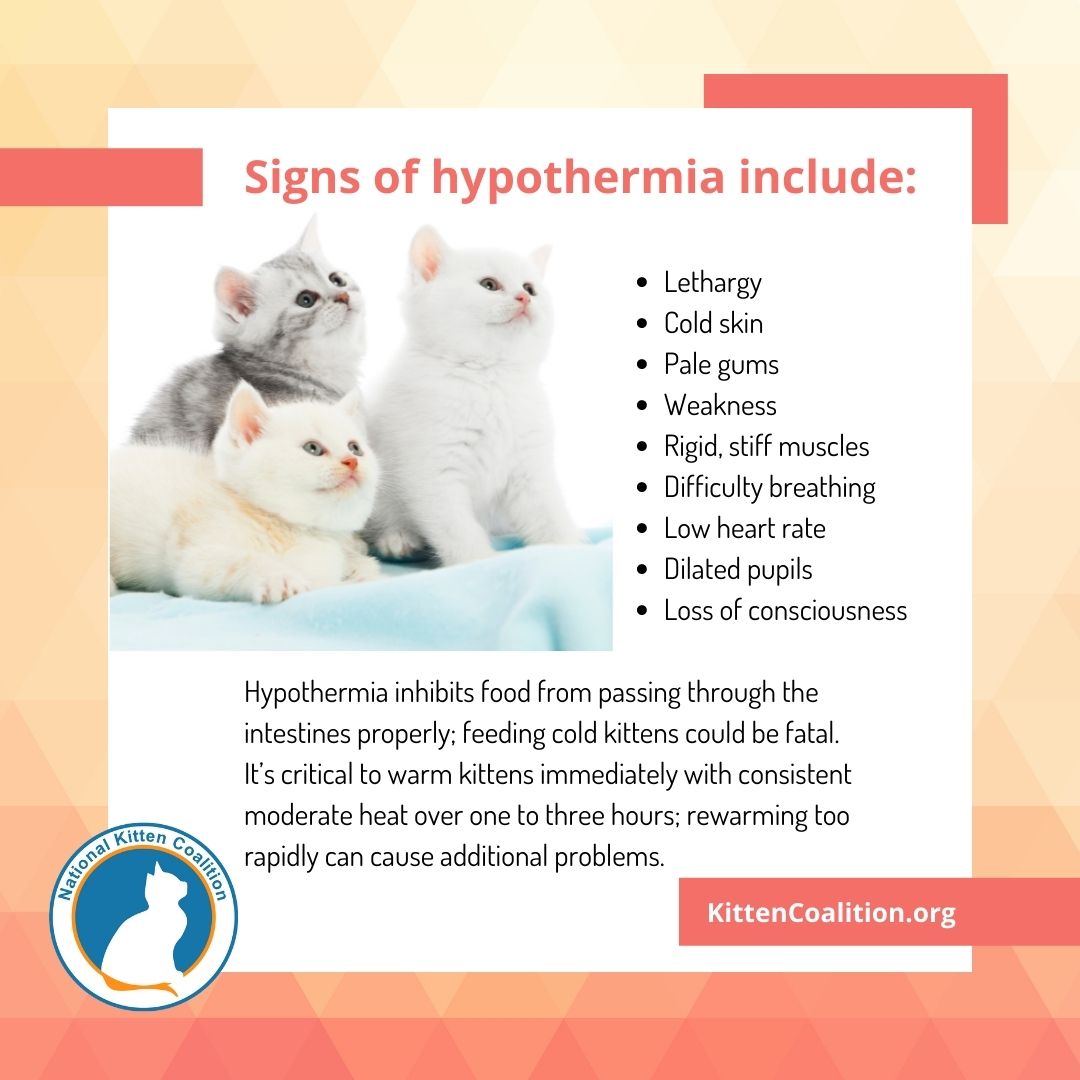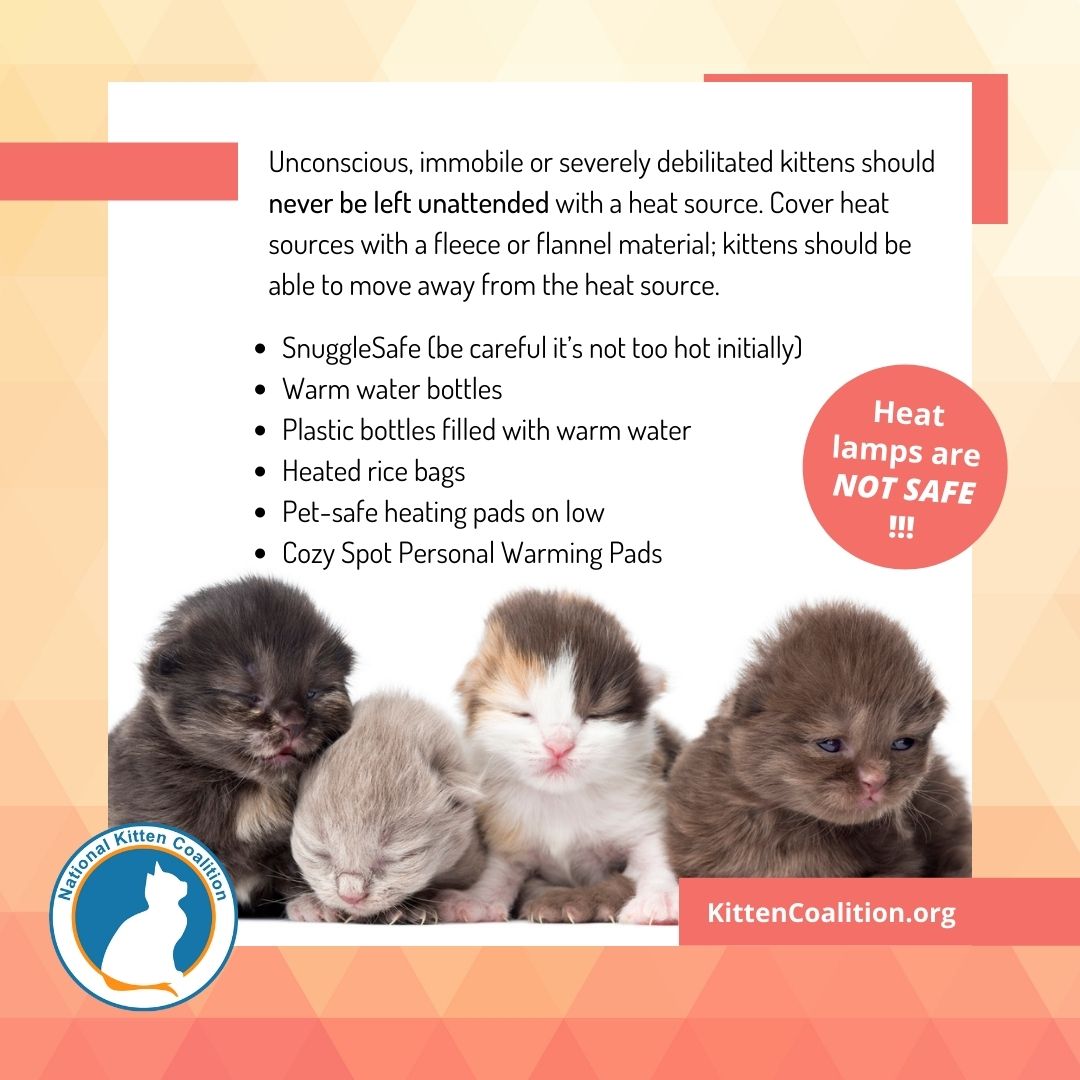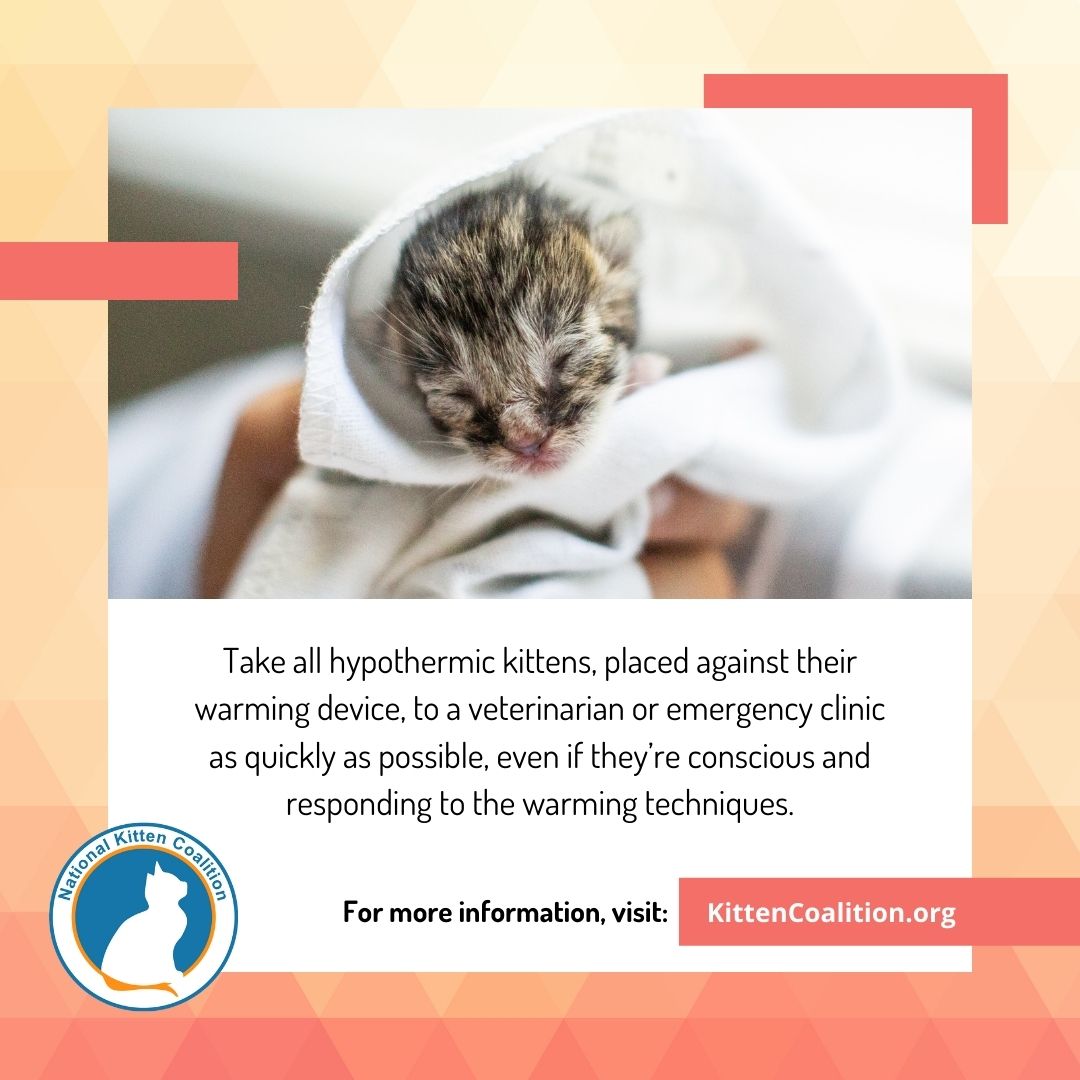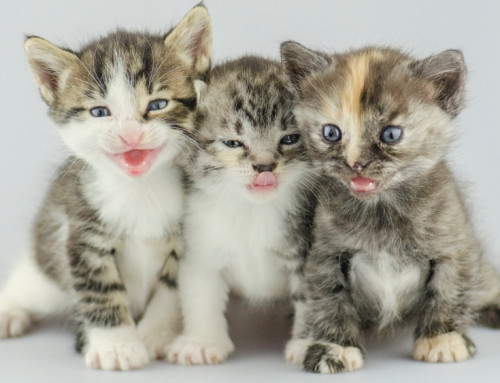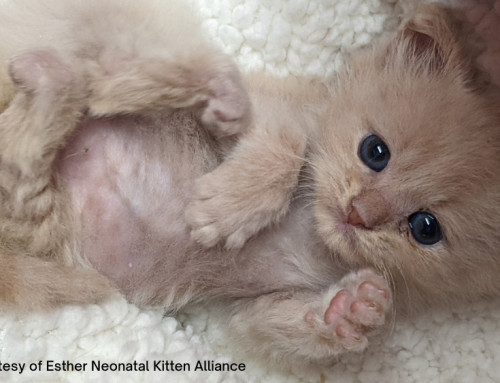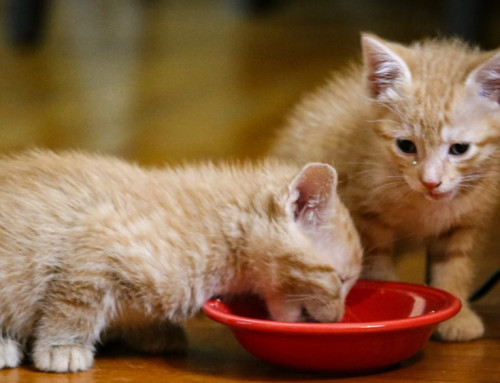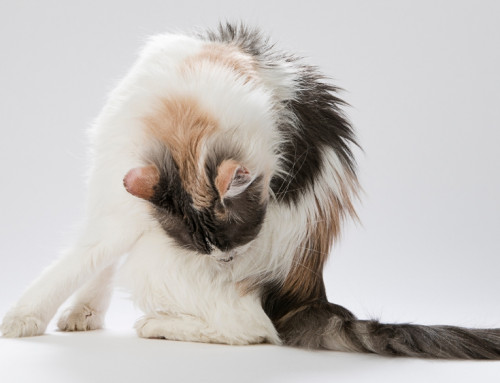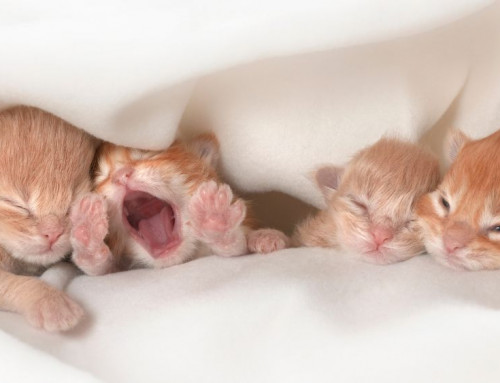Share this resource or email it to a friend!
Medical emergencies involving pets commonly involve trauma (hit by a car, sustained in a fall), poisoning, heat stroke, choking and seizures. When it comes to kittens, especially orphaned neonates, common emergencies are hypothermia (low body temperature), hypoglycemia (low blood sugar), dehydration and anemia.
Hypothermia is a major cause of neonatal kitten death. Adult cats shiver to generate heat. Kittens don’t develop a shivering reflex until they’re about 2 weeks of age and can’t regulate their body temperature until they’re about 4 weeks of age. Kittens depend on their mom to keep them warm. Orphaned neonatal kittens are especially at risk.
Hypothermia results in decreased respiration and blood circulation, and if left untreated can result in death. Signs of hypothermia include:
- Lethargy
- Cold skin
- Pale gums
- Weakness
- Rigid, stiff muscles
- Difficulty breathing
- Low heart rate
- Dilated pupils
- Loss of consciousness
Never attempt to feed a cold kitten. Hypothermia inhibits food from passing through the intestines properly, and feeding cold kittens could be dangerous and potentially fatal. It’s critical to begin warming kittens immediately with consistent moderate heat over a period of one to three hours; rewarming too rapidly can cause additional problems.
There are several safe ways to warm kittens; a heat lamp is NOT safe because it can easily dehydrate or burn kittens. All heat sources should be covered so the heat source doesn’t come into direct contact with skin. Use non-loopy materials (to prevent kitten nails from getting caught in them) such as flannel or fleece. Kittens should be able to move away from the heat source. Safe heat sources include:
- Warm water bottles
- Plastic bottles filled with warm water
- SnuggleSafe (be careful it’s not too hot initially)
- Heated rice bags
- Pet safe heating pads on low
- Cozy Spot Personal Warming Pads
Kittens who are unconscious, immobile or severely debilitated should never be left unattended with a heat source. Take all hypothermic kittens with their warming device to a veterinarian or emergency clinic as quickly as possible, even if they’re conscious and responding to the warming techniques.
Be sure to read parts 2, 3 and 4 dealing with hypoglycemia, dehydration and anemia in this series of Critical Care for Kittens.
